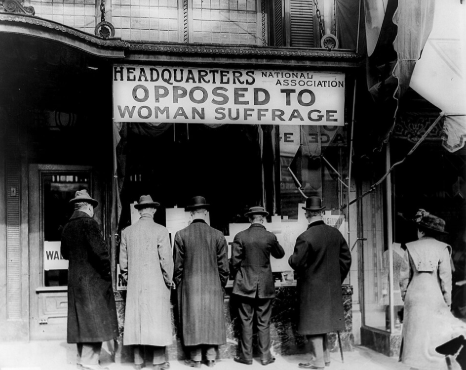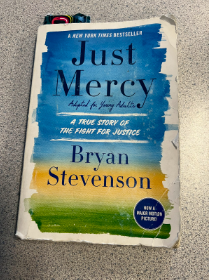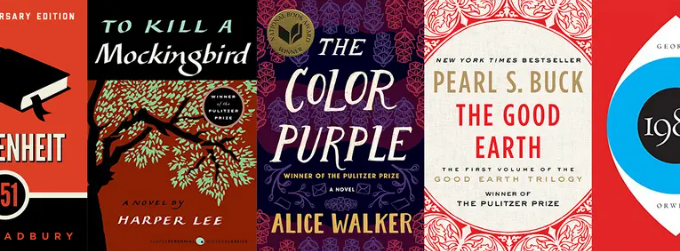Reading; The escape to a world beyond our own, one in which a person can live thousands of lives in the fantasy of a book. Reading is an activity that everyone can participate in and enjoy, but that poses questions such as: What qualities make a novel worth reading? And why do these qualities matter?
First, it is important to note that human emotion is extremely complex. People have responses to events that are so simple yet can be incredibly difficult to understand.
Psychologists have been conducting studies and researching these responses for many years and continue to come up with new questions to be answered. In this article, the relationship between human emotions and fictional reading will be discussed.
Teachers and students at Thunderbird took a survey on these very questions and these are the results: When given a chance to list novels they both liked and disliked, many openly expressed their opinions. Books such as To Kill a Mockingbird, The Outsiders, Romeo and Juliet, and The Great Gatsby were among many recommended for reasons such as the plot and even the characters. Many dislike various works by Shakespeare because of the difficulty of the language. Others such as novels written by Colleen Hoover, Station 11, and Lord of the Flies had distasteful reactions due to the language used, character descriptions, or general lack of detail.
Many say that traits such as complex characters, an easy-to-follow plot, and tragedies make a good novel. Others think that plot twists, plenty of dialogue, and happy endings are what make a novel worth reading.
Test Prep Insight gave a national survey on U.S. book reading, the results showed that 64% of adults say they have read a book in the past 12 months. Percent Group wrote an article on the benefits of reading. Saying “When you read and find yourself thinking about the characters in the book as if they are real people, with perspectives possibly very different than your own, it allows for growth of emotional intelligence and empathy.” A person’s brain activity is seen to increase while reading. As characters go through hardships, defeat villains, and find their true calling, it’s almost as if the person is no longer reading about it but living it. A reader’s ability to feel empathy is a big part of this connection to a character. Though they may not relate in any way to the characters, it is this ability that allows for the bond between the reader and what the character is experiencing.
Similarly, when a person’s favorite character dies and they experience what most would consider grief it is directly connected to that bond. Logically the reader knows the character was simply a work of fiction, however, it leaves the reader with a deep sense of loss. This is because while logical reasoning and human emotions often interlink, how people react to certain situations is not always led by their ability to think rationally. It is instead guided by how that person is feeling.
In everyday life, it is easy to overlook how special a person’s ability to empathize is. Life is filled with basic and immediate emotions, excitement, fear, anger, and even regret. Compared to these emotions, ones such as empathy, seem so small and easy to measure, so a person never truly understands the weight that comes with being able to feel it.
That is where reading comes into play. Complex characters bring a sense of familiarity to the reader. How a character speaks, and how they overcome obstacles allows for a deeper bond to form between them and the reader. The privacy of a book provides a space for the person to feel these deeper emotions without distraction or fear of perception.
There are many people who benefit from reading, and while the traits of a good novel vary between groups, it can be said that reading is a well loved hobby.








































